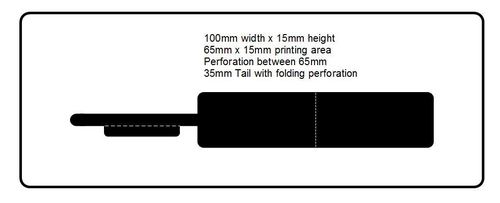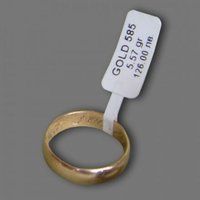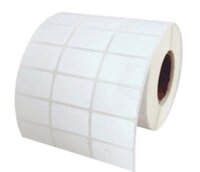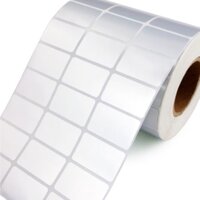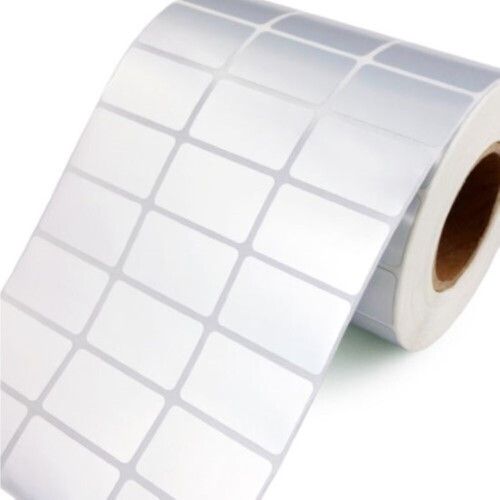Polyester labels are widely used in various industries due to their durability, resistance to harsh environmental conditions, and versatility. Here's an overview of polyester labels, including their properties, uses, and benefits:
Properties of Polyester Labels
- Durability: Polyester is a strong and long-lasting material that can withstand physical wear and tear.
- Temperature Resistance: These labels can endure extreme temperatures, both high and low, making them suitable for various applications.
- Chemical Resistance: Polyester labels are resistant to many chemicals, including oils, solvents, and cleaning agents.
- Waterproof: They are waterproof, ensuring the label remains intact and legible even in wet conditions.
- UV Resistance: They can resist ultraviolet (UV) light, preventing fading and degradation when exposed to sunlight.
- Tear Resistance: Polyester labels are resistant to tearing, which adds to their longevity.
Common Uses
- Industrial and Manufacturing: Polyester labels are used for asset tracking, equipment labeling, and safety instructions due to their durability and resistance to harsh conditions.
- Electronics: They are ideal for labeling electronic components and devices, as they can endure high temperatures and exposure to chemicals.
- Automotive: Polyester labels are used for labeling parts and components within vehicles, as well as for warning and instructional labels.
- Outdoor Applications: Their UV resistance makes them suitable for outdoor labeling needs, such as on machinery, signage, and equipment.
- Healthcare: Polyester labels are used for medical equipment and devices, benefiting from their resistance to sterilization processes and chemicals.
- Retail: They are used for product labeling, especially where durability and a high-quality appearance are important.
Benefits
- Long Lifespan: The durability of polyester labels ensures they remain effective and legible for a long time, even in challenging environments.
- Customizable: Polyester labels can be printed in various colors and designs, and can include barcodes, QR codes, and other identification features.
- High-Quality Print: They offer excellent print quality, which is essential for readability and professional appearance.
- Cost-Effective: Although they might be more expensive initially compared to paper labels, their longevity and durability often make them a cost-effective solution in the long run.



